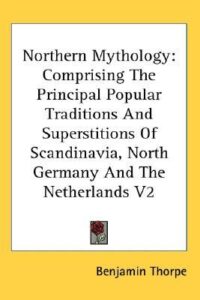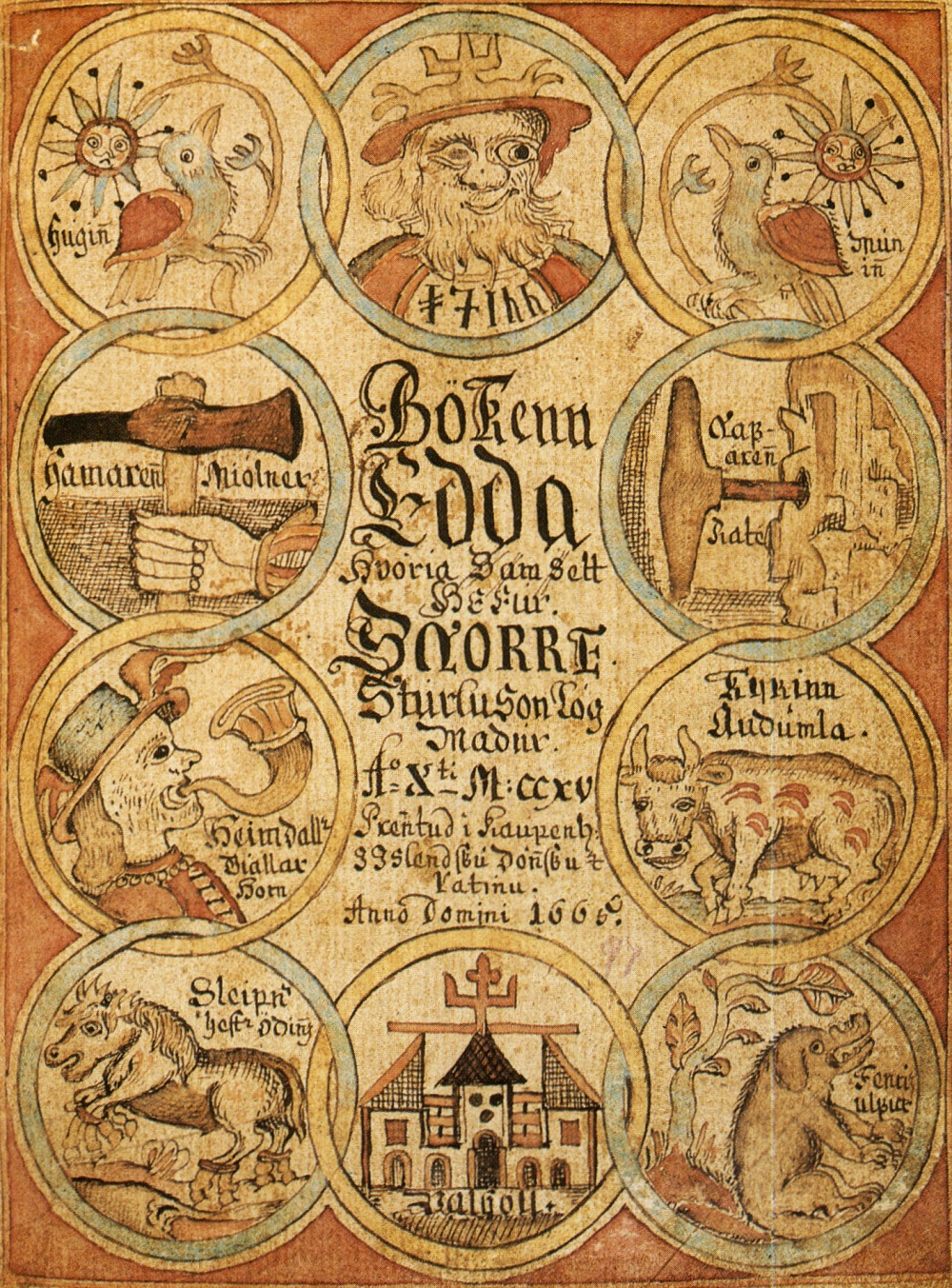

I couldn't imagine digging into this work without Anthony Faulkes's edition. After a long, difficult journey through the skaldic verses, these came as both a relief and an anticlimax. And then at the end of the section, there are lists of "thula," basically synonyms for various poetic elements, like ships, weapons, oxen, men, women, etc. But there are a few that use end-rhyming couplets, similar to our sense of generic English poetry.

Most of the verses come in skaldic form, an intricate scheme of alliteration and internal rhyme. This also adds to the difficulty in grasping the meaning, though Faulkes in the notes attempts to link verses that originally came from the same poem. As a result, he is usually quoting passages out of context from larger poems. Snorri created Skáldskaparmál to illustrate how older poets created kennings. Faulkes is often willing to join words into kennings even when they are widely spaced in the poem, while others are more likely to alter the text slightly to make simpler readings possible.

He offers his interpretation of the meaning, but also notes when other scholars have a different interpretation. Fortunately, Anthony Faulkes's notes and glossary to this 2-volume edition are extremely helpful in this regard. For instance, where in prose you might say, "The ship crossed the sea," in skaldic poetry you would say something like, "The wooden steed cut through Aegir's daughters on the whale-road." It was often necessary to look up every single word of a four-line poem, to make sure I knew which words went with which other words. First of all the bards use a lot of poetic words that don't appear in prose contexts. But the skaldic poetry of Skáldskaparmál presented huge challenges. I could read extended passages pretty fluently, with occasional recourse to the glossary in the back of the book. When I finished the first part, Gylfaginning, I was feeling pretty good about my Old Norse skills. The second part of Snorri Sturluson's Edda is called Skáldskaparmál (something like "language of the skald-shaper").


 0 kommentar(er)
0 kommentar(er)
